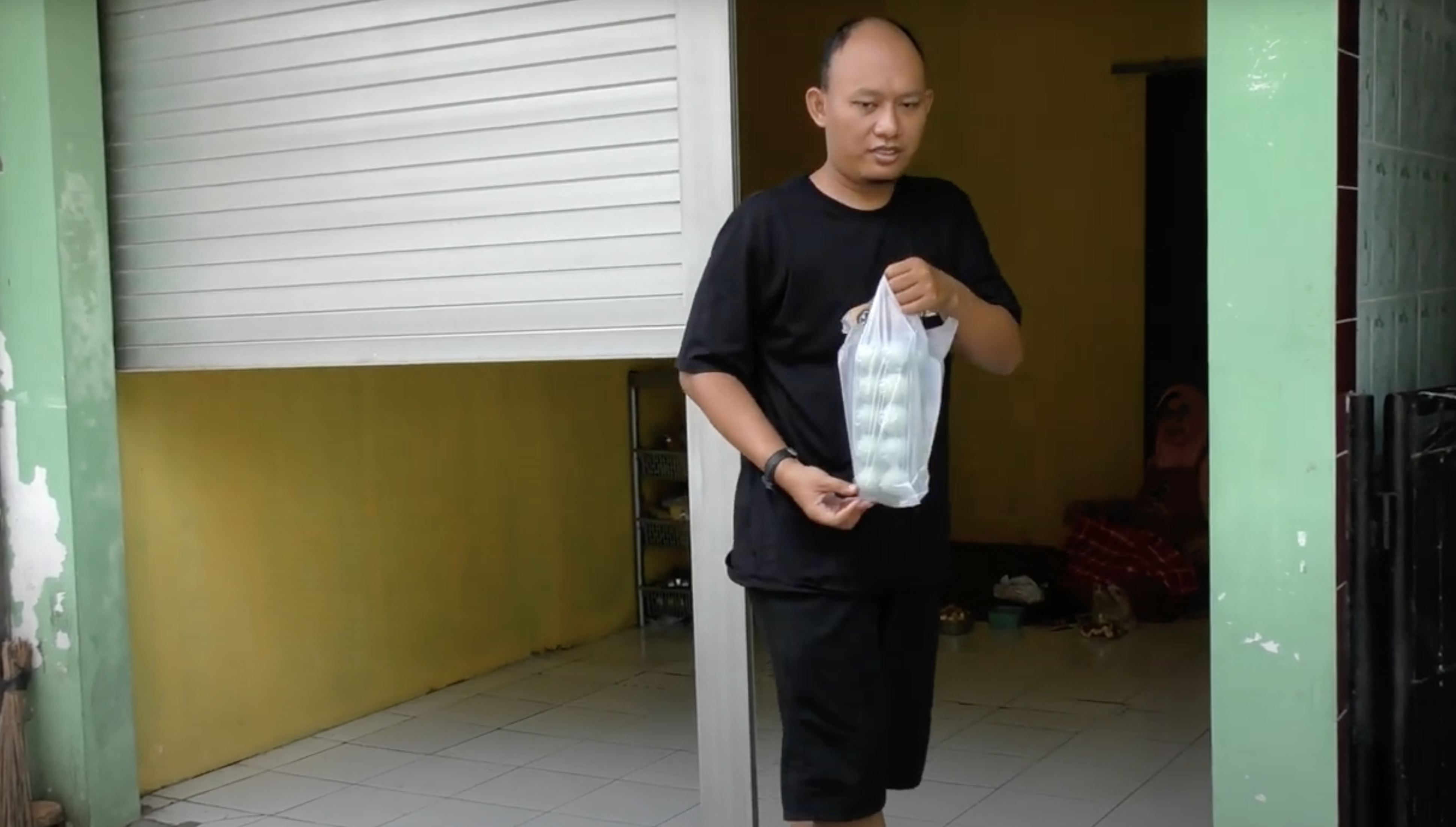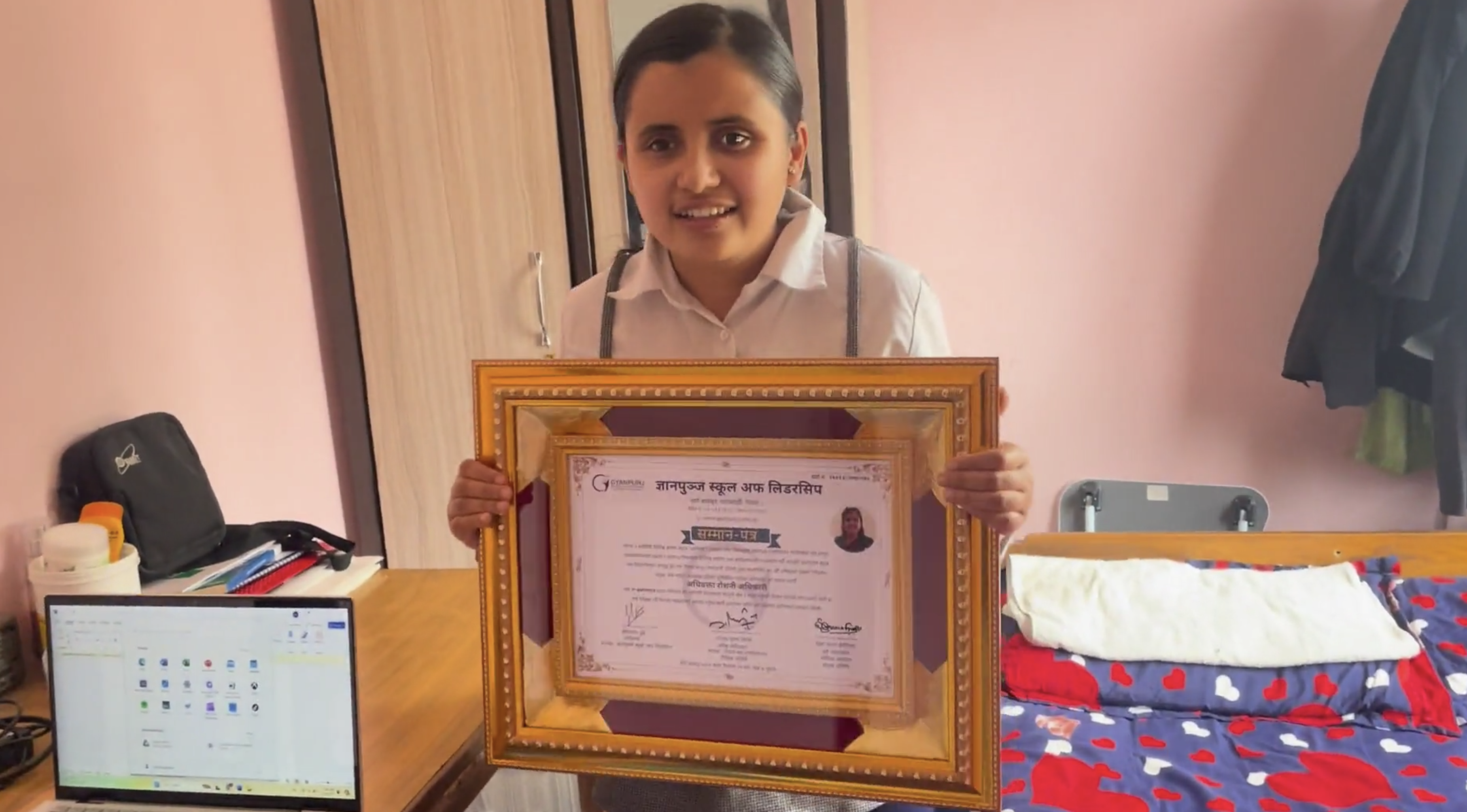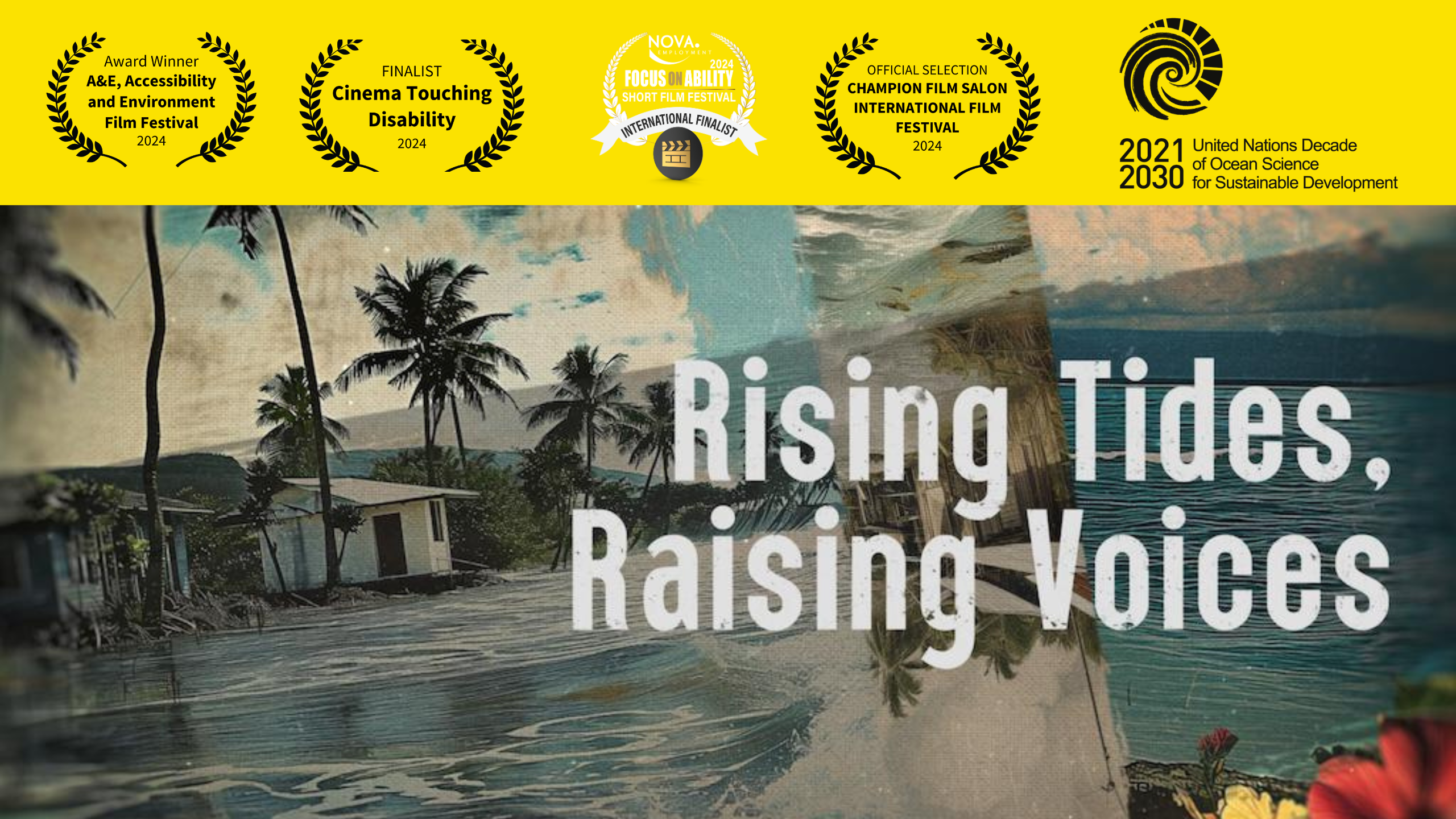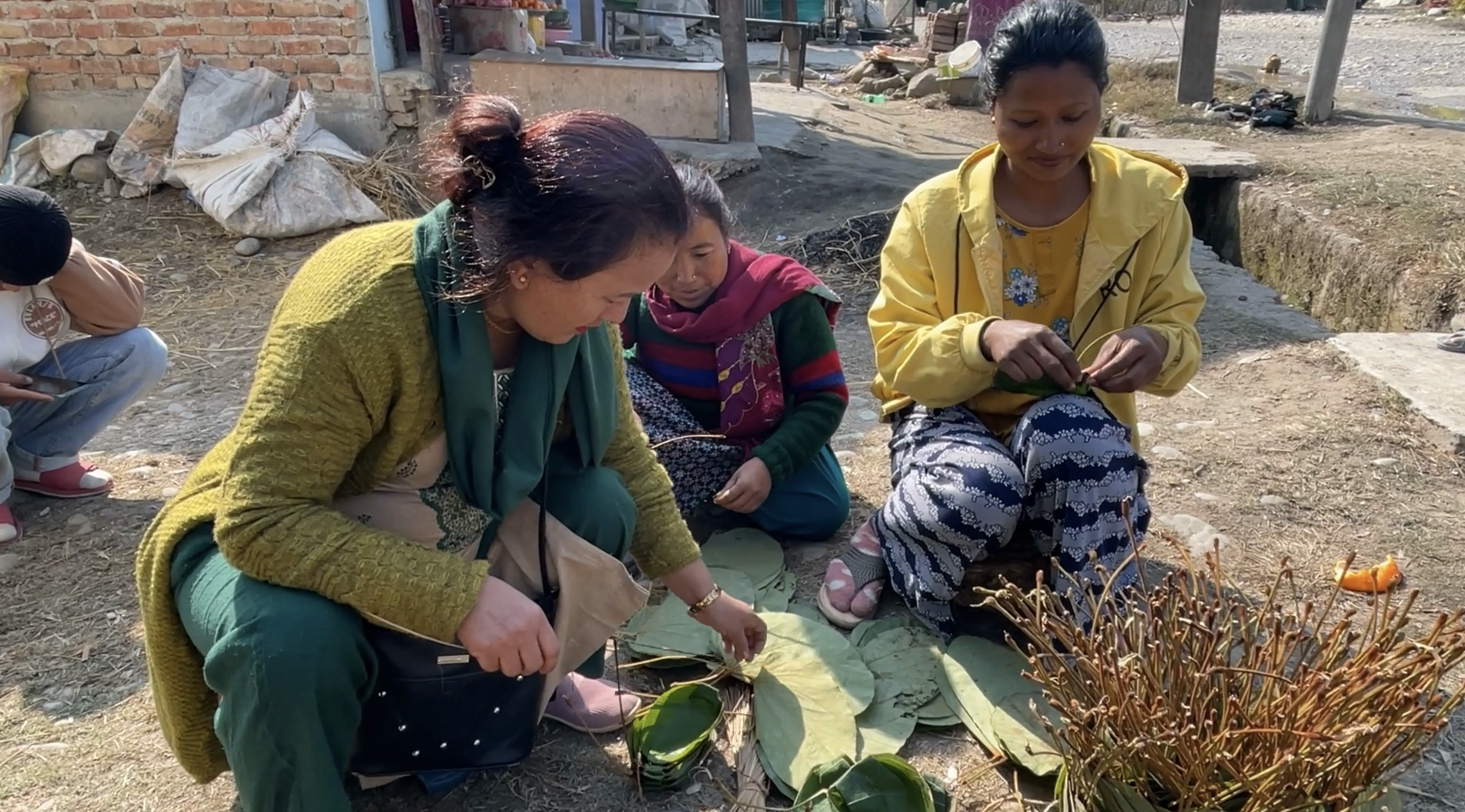Film
‘I Feel Like an Outsider’
Facing Stigma and Discrimination, Ardiansyah, a 44-year-old Indonesian Man with Schizophrenia, Finds Refuge in a Mosque
Read our instructions on how to watch the video on Able Player.
For many Indonesians with psychosocial disabilities, access to mental health care remains a challenge, particularly in more remote and rural areas. The Indonesian government dedicates just 1 percent of its total health budget to mental health, resulting in a shortage of licensed psychiatrists and psychologists across Indonesia and dire, overcrowded conditions in many of its psychiatric facilities.
With nowhere to go and no support available, Indonesians like Ardiansyah, a 44-year-old with schizophrenia, often find themselves unhoused and unemployed. With the help of a friend, Adriansyah eventually found refuge in a local mosque, where he sleeps most nights and gets many of his meals. He longs for a place of his own and more steady employment than the odd jobs he occasionally does. He hopes the government will provide more support to people with psychosocial disabilities, particularly in job training. “For my future, I hope that I will get a real job and no longer be an odd-jobs handyman,” he says, “which I will do my best.”

Filmmaker: Kinanty Andini
Kinanty Andini is a filmmaker, freelance digital artist, and psychosocial disability activist. She works as a disability perspective trainer for the Indonesian Association of Women with Disabilities (HWDI). During her DJP fellowship, Andini made documentaries on the issues of the lack of mental health care in Indonesia and the lack of employment for people with psychosocial disabilities. Before joining the DJP, she also made a series of short videos about the daily challenges of people with psychosocial disabilities for the Indonesian Mental Health Association (IMHA). Andini loves visual arts. She has created banners and posters for a competition organized by the Indonesian Ministry of Foreign Affairs, as well as illustrations for the DJP and Disability Debrief. Andini wants to channel her digital art skills to voice disability issues. Follow her on Instagram to check out her digital art.





